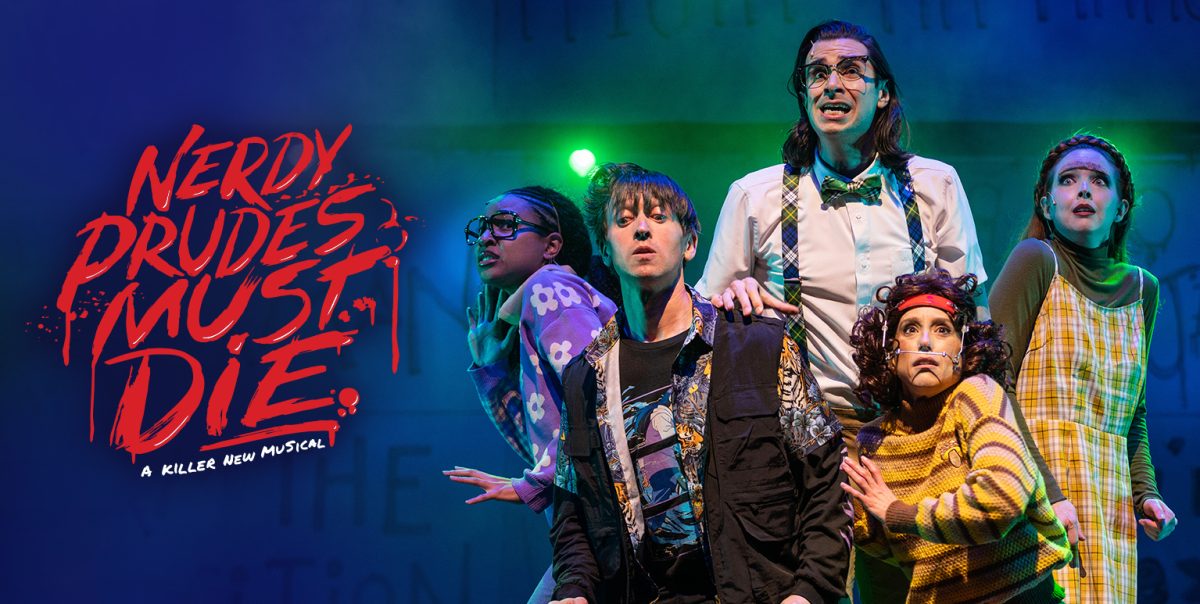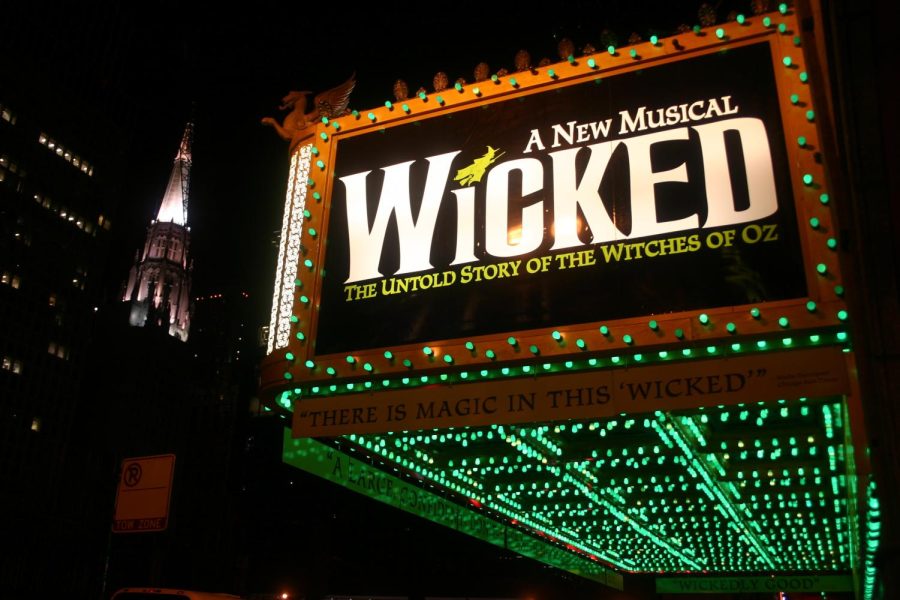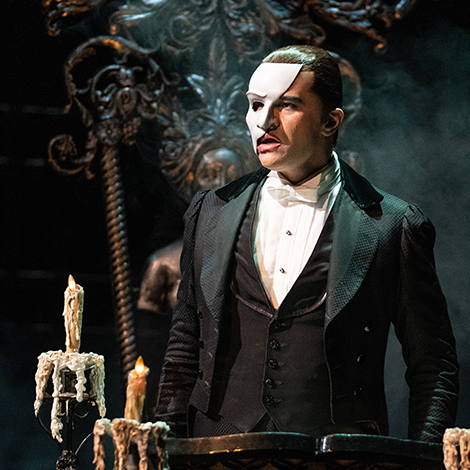
It is 1963 and Richie Kvichak is accused of murdering his best friend. As tensions grow and hostility from the community heightens, Richie’s parents must decide the best course of action for their family. It is ultimately Masha, Richie’s mother, who takes matters into her own hands in order to protect her son and her family from the threats that stand to ruin them forever.
Written and directed by Smith College MFA candidates Darren Harned and Kendra Arimoto, “Some Mother’s Son” is a tense and compelling exploration of the horrifying means to which a mother must resort in order to safeguard her child.
“Some Mother’s Son” is a low-action domestic drama, so it naturally must rely on character development to maintain interest. Smith’s production fares well in this regard. It is fortunate for the performance that the bulk of the action falls on Susanna Apgar, who plays Masha. While the entire cast handles the material capably, it is undoubtedly Apgar who dominates the stage. Even in the rare moments in which attention is drawn away from her character, Apgar often manages to pull the focus back onto herself by way of small, effective movements of her face and body. Constantly cleaning, wiping or wringing her hands, and taking shuddering breaths, she skillfully relates the growing emotional strain of her situation while also gesturing to the character’s darker undercurrents.
Alex Techeira, who plays Masha’s husband, Carl Kvichak, also performs well, particularly in the second act, in which his character develops more nuance. Likewise, the brief confrontation between Masha and Constance North – the mother of the deceased boy played by Smith undergraduate Emily Brown – is one of the most shocking and shattering moments of the entire piece. As little actually happens in the plot of “Some Mother’s Son,” its cast should be commended for how engaging and lively this character-driven drama continues to be throughout its duration.
The play, performed at Smith’s intimate Hallie Flanagan Studio Theatre, is confined to a single set, the kitchen of the Kvichak’s household. The small size of the stage and the theatre itself actually work very well for this production, compounding the sense of domestic isolation and feminine confinement developed by Masha’s character. The mundane sounds of a ringing phone, oven timers and a broken garbage disposal serve the greater purpose of signaling Masha’s inability to make active change outside her own home. While none of these elements is of any earth-shattering originality, they all buttress Apgar’s performance in order to develop the play’s increasingly uneasy atmosphere.
While the performances and the setting are compelling enough to maintain audience interest for the majority of the play, the second act of “Some Mother’s Son” seems, at times, somewhat extraneous. The mood, characters and themes are established so well in the first act that little of the action in the second half contributes enough to make it seem worthwhile. In addition, implications about the characters’ motivations are made in the second act that are left underdeveloped and unresolved. The second half of the play does include several creepily humorous moments, but the number of loose ends it leaves begs the question of whether they merited conclusion at all.
While the play obviously intends for the audience to reflect on the reasons why the characters act as they do, one wonders whether it might have been more effectively rendered as a long single act performance. Still, the dialogue is strong and never betrays its 1960s context. The script does include a few gems, including a clever reference to “Beowulf” which, when considered in light of the entire play, contributes very well to the exploration of the relationship between motherhood and monsterhood.
Despite the overlong and slightly unsatisfying second act, “Some Mother’s Son” is ultimately a success. The production’s capable performers keep what could easily have been an over-the-top performance grounded and realistic, relating a gloomy and open-ended tale of monsters and maternity.
Ian Opolski can be reached at [email protected].







scotsutton • Mar 7, 2011 at 1:34 am
Let me say that the “United Forensic College” is the friendliest, most helpful and accessible college out there right now. The Criminal Justice curriculum isn’t going to overwhelm you.